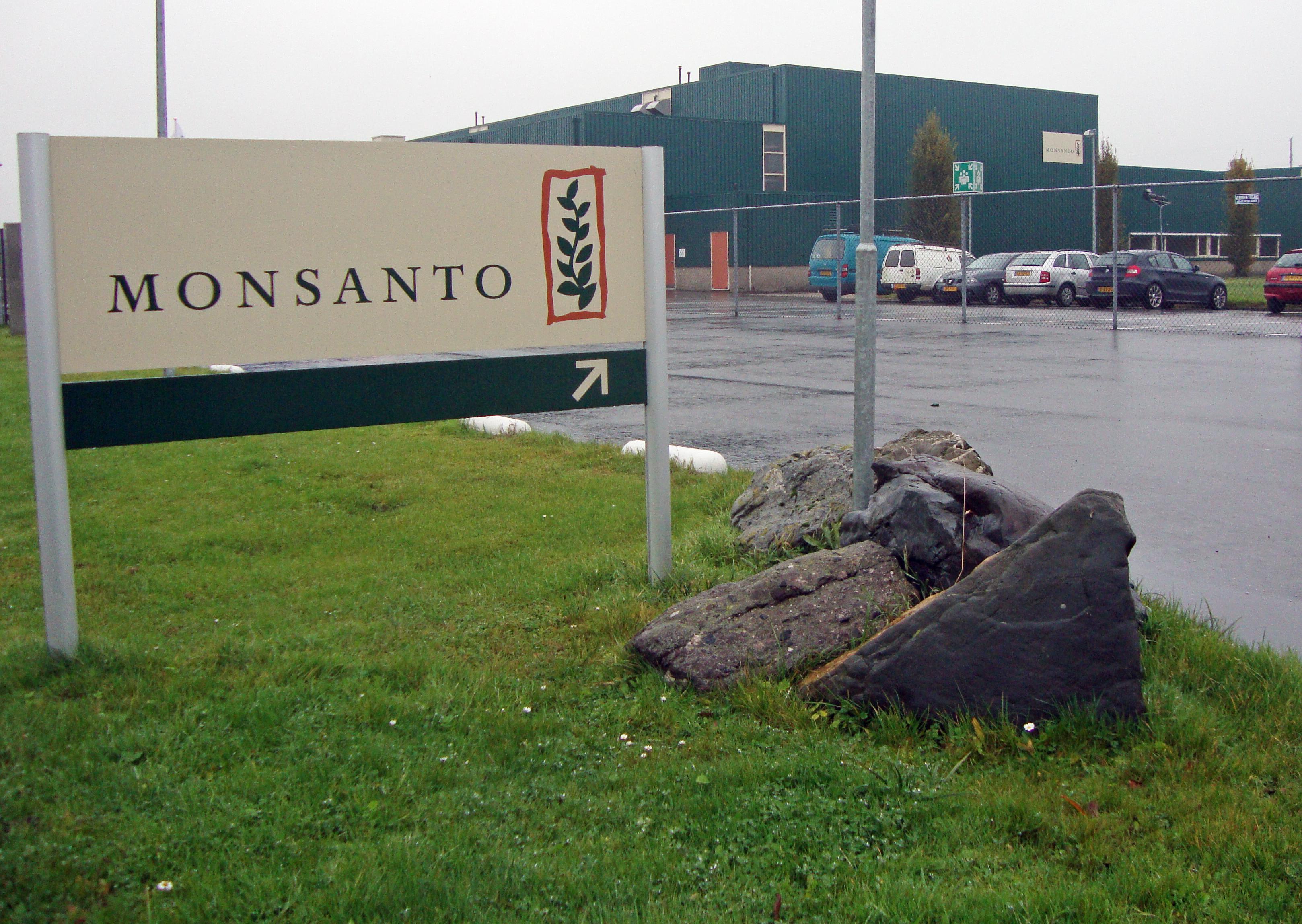Politicians, public figures, journalists, scientists. There are a total of two hundred names and surnames with their opinion on glyphosate, pesticides or GMOs. The whole dossier was compiled by the Fleishman-Hillard lobbyist organization at the end of 2016 at the request of the agricultural fertilizer producer Monsanto. Among those who got into the file were the then ministers of France: Stéphane Le Foll (agriculture), Ségolène Royal (environment) and Marisol Touraine (health). This dossier was discovered by the newspaper Le Monde and the television channel France 2, which reported on this past Thursday, May 9th. And on Friday, the country's prosecutor's office opened a criminal case against the company, since French law prohibits collection of databases reflecting "the political and philosophical views of a person without his knowledge."
The German Bayer Corporation, which bought out Monsanto last year for $ 66 billion, now has to deal with the possible violation of French laws.
The concern has already stated that it did not know anything about collection of data from Monsanto, offered official apologies, and today announced that it was hiring a law firm to conduct an independent investigation into the activities of its division.
In addition, the prosecutor's office will have to find out whether the individuals in this file tried to lobby for Monsanto’s interests. Roundup herbicide is one of the main products of the company, but it has recently become the main source of problems for the manufacturer and, therefore, the Bayer concern. Back in 2015, WHO recognized that glyphosate causes cancer, and now hundreds of lawsuits have been filed with companies around the world that could lead to multi-billion dollar losses. Retail sales of Roundup are already banned in France, but in the EU, after lengthy discussions, it was decided to extend the license for the sale of goods until 2023.
source: lemonde.fr
The German Bayer Corporation, which bought out Monsanto last year for $ 66 billion, now has to deal with the possible violation of French laws.
The concern has already stated that it did not know anything about collection of data from Monsanto, offered official apologies, and today announced that it was hiring a law firm to conduct an independent investigation into the activities of its division.
In addition, the prosecutor's office will have to find out whether the individuals in this file tried to lobby for Monsanto’s interests. Roundup herbicide is one of the main products of the company, but it has recently become the main source of problems for the manufacturer and, therefore, the Bayer concern. Back in 2015, WHO recognized that glyphosate causes cancer, and now hundreds of lawsuits have been filed with companies around the world that could lead to multi-billion dollar losses. Retail sales of Roundup are already banned in France, but in the EU, after lengthy discussions, it was decided to extend the license for the sale of goods until 2023.
source: lemonde.fr





